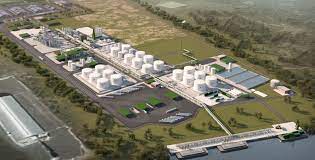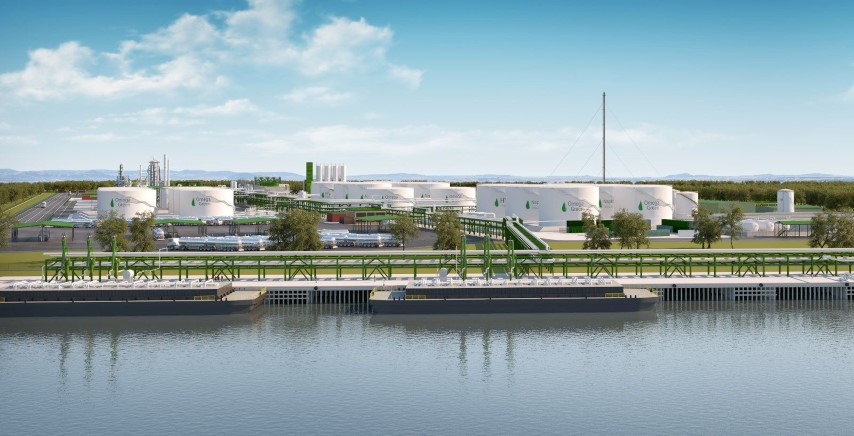The Subfund primarily targets industries that
produce :
- BioDiesel (HVO)
- Bio JetFuel (SPK) & Sustainable aviation fuel
Alternatively the SubFund will consider investments in Farming, Land Rehabilitation programs, and Algae growing plants, with the
objective to secure the production of feedstock necessary to
the production of Biodiesel.
Over 1 bEUR projects on the go...
The fund will conduct an active investment strategy aiming to
build a leading network of biofuels refineries around the world.
- Acquisition of existing biofuels refineries
- Creation of new biofuel refineries
- Upgrade of fossil oil refineries into biofuel refineries
30% of the investments will target the agricultural activities participating in carbon sequestration and the production of the biomass necessary to the refineries.
Type : Open end Fund
Size : Up to 1 bUSD
Fundraising rounds : Up to 360 MUSD in 2024
Investment category: Mezzanine Investment and P.E.
Initial offer : 2024 January 1st - 2024 July 31st
Regional coverage : South America, Eurasia, WestAfrica
General Partner : 4BIRDS Management SA
Administrative agent : OWL Advisory SA
LEI : 22210069KVDF6WJEHV48
ISIN : LU2581847691 & LU2581847774

Market and technology :
Advanced Biofuels are extracted from animal fat,
used cooking oil, biomass waste, fast growing plants,
algaes...
They contribute to a neutral carbon cycle and do not
compete with food value chains.
Compatible with existing technologies, infrastructures
and engines, they are the key to a smooth energy
transition.
Market Size :
- Biodiesel (HVO) : 190 bUSD by 2030
- BioKerosene (SPK) : 14 bUSD by 2030
- Average Annual Growth : 8 to 12%
Our presence on the biofuel market :
The Subfund has been created with the objective of
acquiring stakes in key market players and to cover,
through these investments, at least 10% of the biofuels
world market by 2030.
To achieve this objective, the Subfund has strategically
partnered with the leading Brazilian producer of biodiesel.
Thanks to this alliance, the Subfund benefits from
technical expertise as well as from off-take
and sourcing capabilities.
Bioenergies industry :
Synthetic Biofuels are extracted from biomass and organic residues through
various chemical and thermal paths.
They contribute to a neutral carbon cycle :
- Co2 is sequestrated and turned into vegetal material through
photosynthesis process.
- Lipids are extracted from these materials to produce crude bio-oil, while
proteins and other residues are converted to animal food, fertilizers and
biomaterials
- Crude bio-oil is then refined in biofuels :
- HVO (BioDiesel)
- SPK (BioJet Fuel)
- Biofuels are used in place of fossil fuels,releasing the previously
sequestrated Co2
Compatible with existing technologies, infrastructures and engines,
they are the key to a smooth energy transition.
HVO – Green Biodiesel is a fuel which is less
pollutant than its fossil equivalent (oil and oil
derived). Green Biodiesel can totally (or part)
substitute mineral diesel oil in automotive diesel
engines.
For Green biodiesel only, a sustained 10% output
growth per year is needed at least until 2040 to
comply with EU regulatory framework and COP26
goals. Afterwards, biofuels will still have a premium
role to play, as fossil fuels can not be fully replaced
by other renewable energies.
Sustainable Aviation Fuel : SPK – SAF are
used in the Aircraft industry in replacement of
kerosene. With superior energy density and carbon
neutrality, SPK should become one of the key
solution for energy transition in this domain.
Green Naphtha is a by product of HVO
and SPK production and can be used in the plastic
industry for the production of bioplastics.








